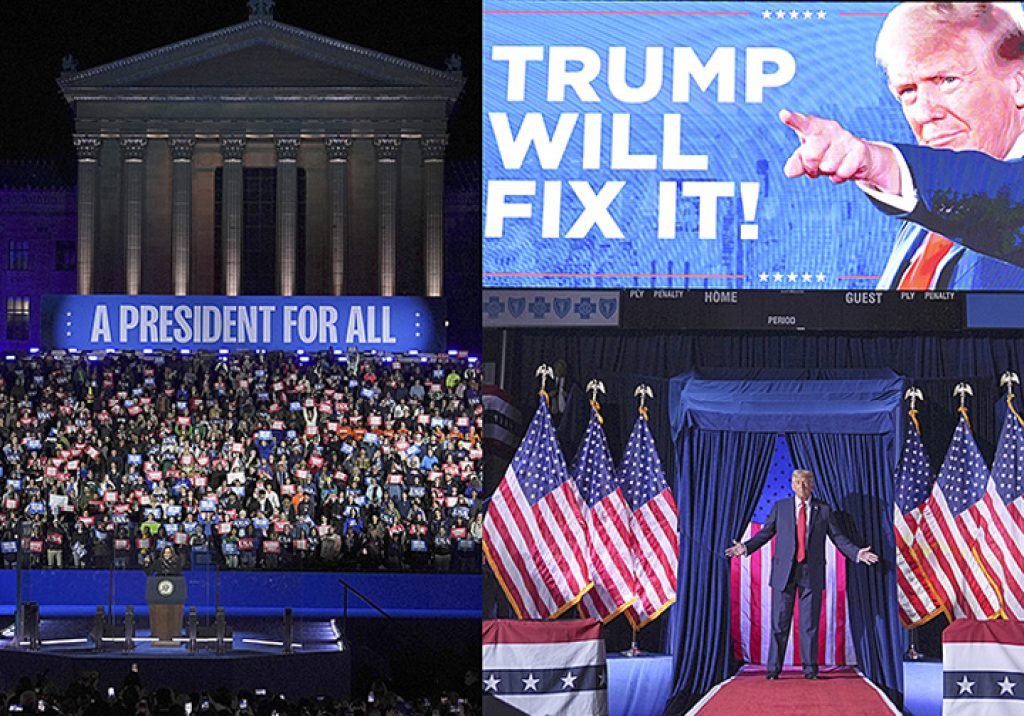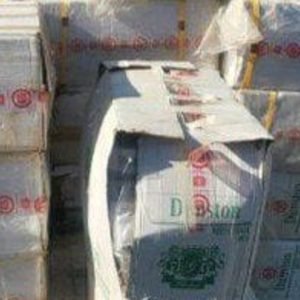
FILIPINO experts on international strategic relations believe America’s general policy on China and on the Philippines remain, regardless whoever wins in the Oval Office.
However, the Philippines should be prepared for surprises if former President Donald Trump is re-elected.
“If there is one issue that brings Republicans and Democrats together, it’s China. From our standpoint, the ‘iron clad’ commitment remains to be iron clad,” Prof. Herman Joseph Kroft of the University of the Philippines international said.
Former Philippine Navy vice commander, Rear Admiral Rommel Jude Ong, said he also got the same sense from bipartisan congressional leaders consulted them on China and the West Philippine Sea issues.
Both Kroft and Ong are confident that Vice President Kamala Harris will continue the tack of the Biden administration.
During the Biden administration, the Philippines increased the number of military facilities where American forces can access under the Enhanced Defense Cooperation Agreement (EDCA), including three in northern Luzon near Taiwan. In turn, the US has provided millions of dollars of infrastructure investments.
The US under Biden administration, together with Japan, has also promised to reinvigorate the Luzon Economic Corridor, linking Clark and Subic up to Batangas with investments for rail, port modernization, clean energy, and semiconductor supply chains. He also committed US$135 million worth of technical assistance to the Philippines critical minerals sector.
“But in the scenario under the new Trump administration, there’s always a possibility that these commitments for the Philippines will not push through. We should be prepared for those changes,” Ong said.
Ong, who is now teaching at the Ateneo School of Government as professor of Praxis, also recalled that when Trump came to Manila for the Asia-Pacific Economic Cooperation (Apec) Summit in 2015, he regarded the Philippines as a “most prime piece of real estate from the military standpoint.”
“Whether Trump still keeps that viewpoint now remains to be seen,” he said.
Kraft said Trump maintains a maverick view of the defense alliance in Asia. He had earlier forced South Korea to pay more for the presence of 50,000 US forces in Korea.
“Trump is all about transactional alliance. ‘What can you do for us?’ He did that to Korea and almost did the same to Japan had it not for the Prime Minister Shinto Abe’s genius of stroking the ego of Trump,” he said.
Trump did not raise the issue with Philippines during his term as President Rodrigo Duterte that time is openly supportive of China.
“But now that the Philippines is back in the US radar, I wouldn’t be surprised if Trump would raise the question to us. The question now is ‘How can President Marcos handle it?’” Kraft said.
Whoever wins in the 2024 elections, both international relations experts is convinced that the next US president will be more preoccupied with the domestic economy.
In the scenario under Kamala administration, Prof. Kraft suspects that Harris will retain the same line of caution of the Biden administration against negotiating for free trade agreements.
For instance, he said, the Indo-Pacific Economic Forum, the economic bloc initiated by Biden to counter China’s economic expansion in the region, had no provision for economic access.
Ong is worried that the preoccupation of the US to rebuild its economy is affecting US’ ability to maintain its status as a global superpower.
“We’re seeing a gradual weakening of the US over the years. We’re seeing the offshoot of this in the regional wars now between Russia and Ukraine and the Middle East. It is losing its edge as a global policeman.
“And the beneficiary is China. Because the US is distracted, China is becoming more aggressive,” Ong said.
Image credits: AP






